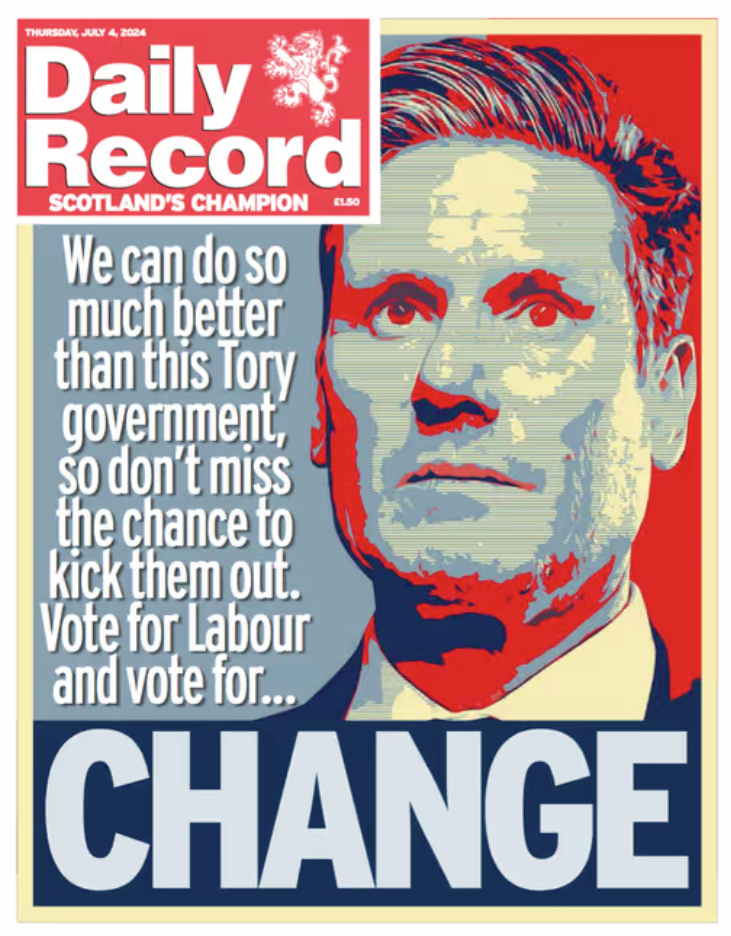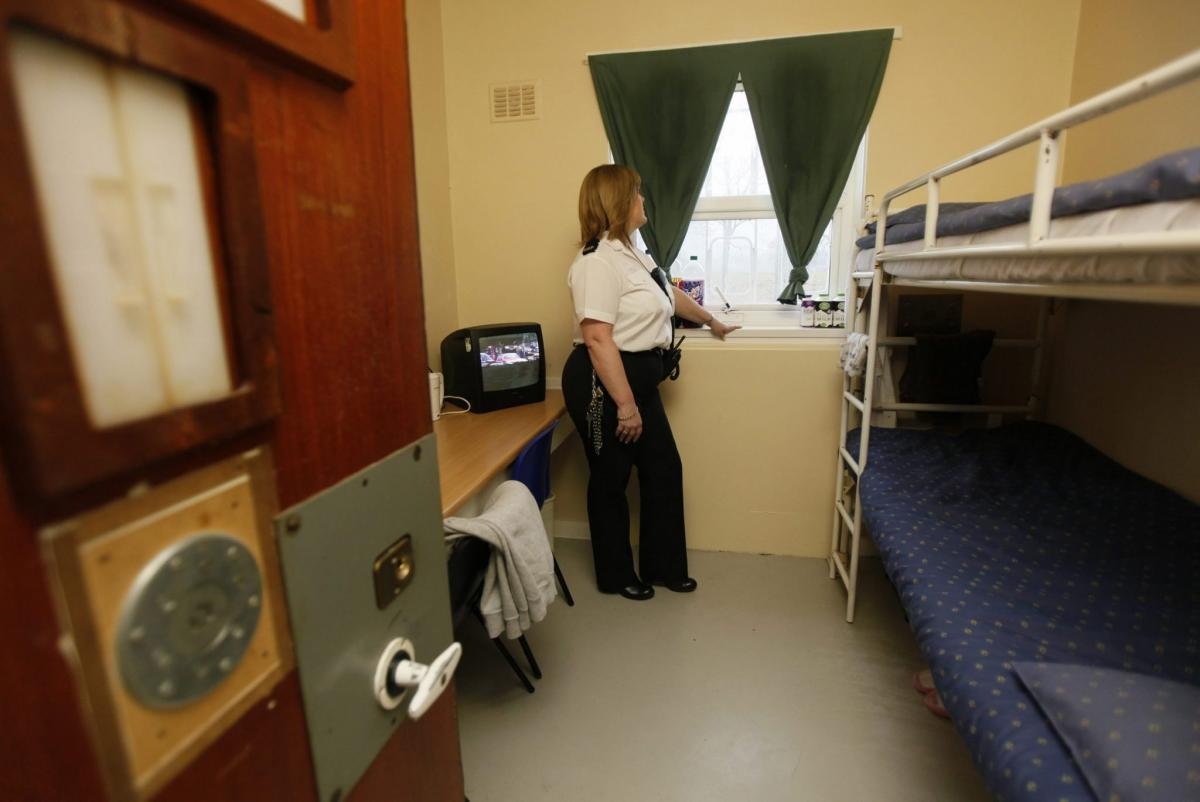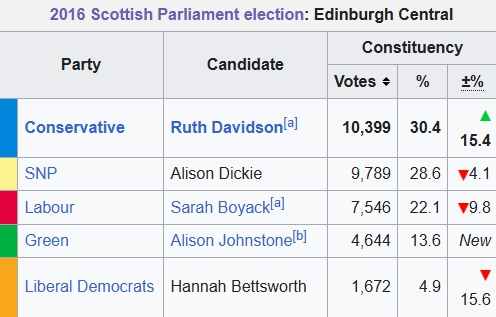JIM SILLARS ANSWERS CHALLENGE
We should all welcome the attack on Alba’s EFTA policy There is nothing wrong, and everything right, about discussion and debate Jim Sillars The Alba policy on Scotland and EFTA set out by Alex Salmond has, predictably, come under attack, led off by Kirsty Hughes, an academic. That should worry no one. However wrong she may be, orContinue reading "JIM SILLARS ANSWERS CHALLENGE"

We should all welcome the attack on Alba’s EFTA policy
There is nothing wrong, and everything right, about discussion and debate
Jim Sillars
The Alba policy on Scotland and EFTA set out by Alex Salmond has, predictably, come under attack, led off by Kirsty Hughes, an academic. That should worry no one. However wrong she may be, or that she has weighed in on twitter (hardly the best placed for an in-depth analysis), she has kicked off a debate that has been shirked ever since the UK left the EU and took Scotland along with it. That debate is about where a sovereign Scotland will locate itself in Europe.
Since the Brexit vote in 2016, the SNP mantra has been independence equals re-joining the EU, but with no thinking, no discussion, no policy papers examining the why and the how it is to be done. Would we say “re-admit us on exactly the same terms on the day the UK took us out,” or would we negotiate, and what would we negotiate on? To keep Scottish fishing waters out of the Common Fisheries policy? Or to have important derogations from the EU public sector procurement policy? Or allow us to continue to be able to vary VAT down to zero on the items we have at present?
The SNP policy of gluing independence to EU re-entry gives the impression that this would be a seamless, no cost operation, done in a political jiffy. Not so. We would find ourselves in the world of realpolitik, a small new state of 5 million seeking entry to one of 500 million; and a price of entry would be extracted – for example on our trading relations, and the border, with our largest foreign export market down in England.
Now, it may be that after due consideration application for re-entry to the EU would be choice of the nation. But we have not had that “due consideration,” and it is wise for the leadership, and people, of a small nation to give due consideration to other options. Precisely what Alex Salmond and the advisors within Alba have done.
I am mindful that Kirsty Hughes has only expounded her view on twitter, but two points from her critique emerge which demonstrate that she seems to have an imperfect understanding of the EFTA states’ relationship with the EU as set out in the 129 Articles of the EEA treaty.
The first is a standing canard that an EFTA signatory, like Norway, is a mere rule-taker from the EU: sitting, waiting, and then acting on instructions from Brussels; and the second is that this supine position is because in her words an EFTA state has ‘no seat at the EU table or vote.’ So, why did EFTA states like Norway bother with three years negotiations to form a 129 Article international treaty, when, if Kirsty Hughes is correct, a single Article of surrender of sovereignty would suffice?
The EEA treaty is not a surrender document by EFTA. It is true that Norway has no vote on the final stamp on EU laws by the Council of Ministers, but it is not true that it and other EFTA members have no seat at the EU table. Article 99 states:
1. As soon as new legislation is being drawn up by the EC Commission in a field
which is governed by this Agreement, the EC Commission shall informally
seek advice from experts of the EFTA States in the same way as it seeks advice
from experts of the EC Member States for the elaboration of its proposals.
2. When transmitting its proposals to the Council of the European Communities,
the EC Commission shall transmit copies thereof to the EFTA States.
3. During the phase preceeding the decision of the Council of the European
Communities, in a continuous information and consultation process, the
Contracting Parties consult each other again in the EEA Joint Committee at the
Significant moments at the request of one of them.
4. The Contracting Parties shall cooperate in good faith during the information
and consultation phase with a view to facilitating, at the end of the process,
the decision-taking in the EEA Joint Committee.
The next Article, 100, states:
The EC Commission shall ensure experts of the EFTA States as wide a participation
as possible according to the areas concerned, in the preparatory stage of draft
measures to be submitted subsequently to the committees which assist the
EC Commission ……………When drawing up draft measures the EC Commission
shall refer to experts of the EFTA States on the same basis as it refers to
experts of the EC Member States.
Note my emphasis above. New EU legislation which is not within the EEA has no relevance, and no effect upon the EFTA States; and on any new legislation relevant to the Agreement, the EFTA States are there from the start, and during the process.
The importance of that distinction can be seen in figures I quoted when writing about this in 2016. Between 2000 and 2013, Norway adopted 4,724 EEA laws, whereas each EU Member State implemented 52,183 EU laws. .
When in 2012, the EU stated that European offshore oil and gas would be subject to new regulations, and claimed they would fall within the EEA terms, Norway’s reply was: “The Norwegian government has taken the view that the proposed regulation by the European Commission falls outside the geographic and substantive scope of the EEA agreement.” It never happened because of that robust response from asovereign state, not a submissive one.
On one of her bull points Kirsty Hughes is again in error, when she claims that EFTA is ‘an alternative to the EU not a transition route’ for Scotland joining from EFTA. History proves different. Austria, Denmark, Portugal, and Sweden were all EFTA members, and all left it to join the EU as it developed from the EEC to the EU over the years. It is highly unlikely that if Norway, with its energy and fish decided to make application to join, that it would be refused. At present that is not something the Norwegians are expected to do, as they find EFTA access to the single market to their advantage, while retaining sovereignty in other areas of national interest.
I am not a member of Alba, but one of the reasons (beyond the arithmetical supermajority logic) I will vote for it, is that it thinks, discusses, and examines issues vital to Scotland before it finally makes policy. Its European policy is eminently sensible. First, before we are independent, is to have our present devolved Parliament apply to have observer status in the Nordic Council, a forum where we can meet EFTA members as well as EU ones. Then, on independence, apply for membership of EFTA, to be followed by application to join the EEA.
Those sensible steps will improve and stabilise Scotland’s trading position vis-à-vis the EU single market; give us time to build our new State; and then consider all the options of where we place ourselves in relation to our European neighbours. Perhaps we shall opt, like Austria and join the EU, or again we may find the Norway position of greater advantage. That is the value of the Alba policy as set out by Alex Salmond – plenty to consider, discuss and debate when we are sovereign again.
What's Your Reaction?










































